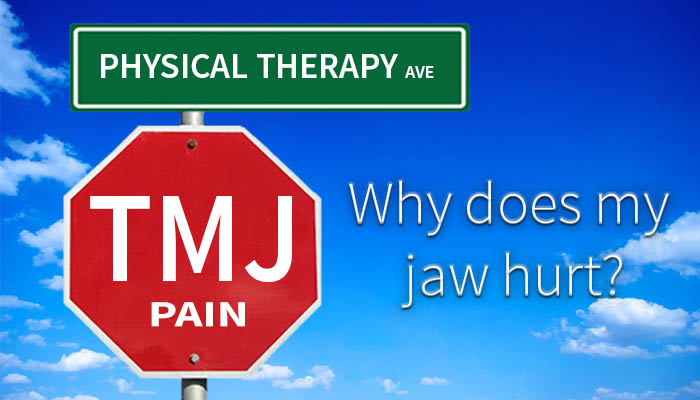
Why do I have Jaw and Face Pain?
Why do I have Face Pain?
Why does my jaw and face hurt?
Someone having face pain or a lingering ache in the jaw wants to know the cause of their pain. However, the causes of jaw and face pain are complex, multi factorial and often intertwined. Some listed causes stated below may be classified as initiating causes while others others may be categorized as exacerbating or perpetuating factors. Often they are difficult to distinguish. Usually, there is an interplay between emotive, physical and physiological factors.
It is important to realize that there is not always a correlation between having a specific condition and pain. You may have a condition or relate to some factor on the list below, but that doesn’t necessarily mean that you will develop pain. Nor is it a definitive cause of your pain. It is possible to have degenerative changes in a joint, but that may not be what is causing your pain.
Some postulated causes associated with muscle and joint pain in the jaw and face include:
Stress – emotional, physical, and or psychological stress can cause real physiological reactions and changes in the jaw, facial and neck muscles. These muscles can become overused, tight and fatigued leading to a repetitive or referral cycle of pain.
Trigger points in the neck, upper shoulders, face and jaw muscles can be painful and they can also refer pain to other parts of the face, teeth, jaw and head.
Referred pain can also come from the muscles and joints in the Neck (Cervical Spine).
Teeth clenching, grinding teeth (bruxism) and other oral habits involve repetitive overuse of the biting muscles such as gum chewing, biting nails, or biting the inner cheeks or lips.
Side effects of some prescription medications may cause muscle tightness, teeth clenching or grinding and pain.
Sleep deprivation can accentuate muscle tightness and pain.
Joint disruption – Internal structures of TMJ may be worn down, overstretched or damaged.
Arthritis of the Temporomandibular Joint (TMJ) – Osteoarthritis, Rheumatoid Arthritis.
Fibromyalgia
Myofascial Pain Syndrome
Irritable Bowel Syndrome
Chronic Fatigue Syndrome
Depression
Anxiety
Trauma such as a blow to the face or jaw , a fall, fractured jaw bones.
Whiplash Injuries
Prolonged mouth opening – as during lengthy dental procedure, surgery requiring general anaesthesia and intubation (breathing tube through the mouth), excessive yawning.
Keep a journal.
This is a good way to start becoming more aware of factors that could be potentially causing or aggravating your jaw and face pain. Make notes if there are things that you do that make your pain worse afterwards. Try and build your own association pattern. Some things to think about are emotional stressors, feeling overloaded at work or home, not getting enough sleep, biting your cheeks or lips.
Physical Therapists can assist in the diagnosis process and help you to become aware of what factors may be contributing to your pain. A Physical Therapist can also teach you how to make small adjustments to replace harmful habits and take the load off your jaw, face and neck. You can learn how to relax overworked muscles and use them efficiently. You can learn to work your body a little differently to reduce and abate pain.
We cannot always change our life events, but we can change how our minds and bodies react to life events.

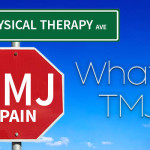 Previous Post
Previous Post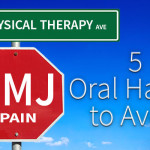 Next Post
Next Post


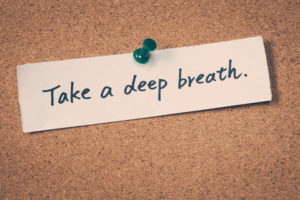
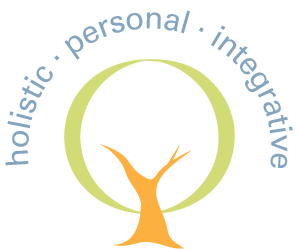 © copyright 2015 Segelov Physical Therapy, PLLC. All rights reserved.
© copyright 2015 Segelov Physical Therapy, PLLC. All rights reserved.